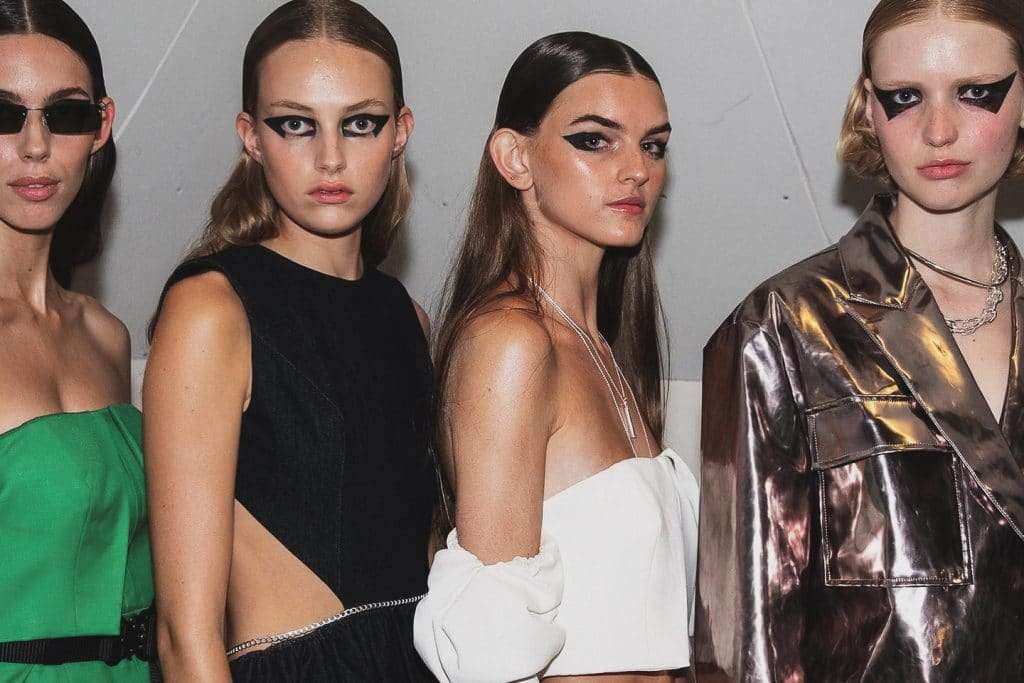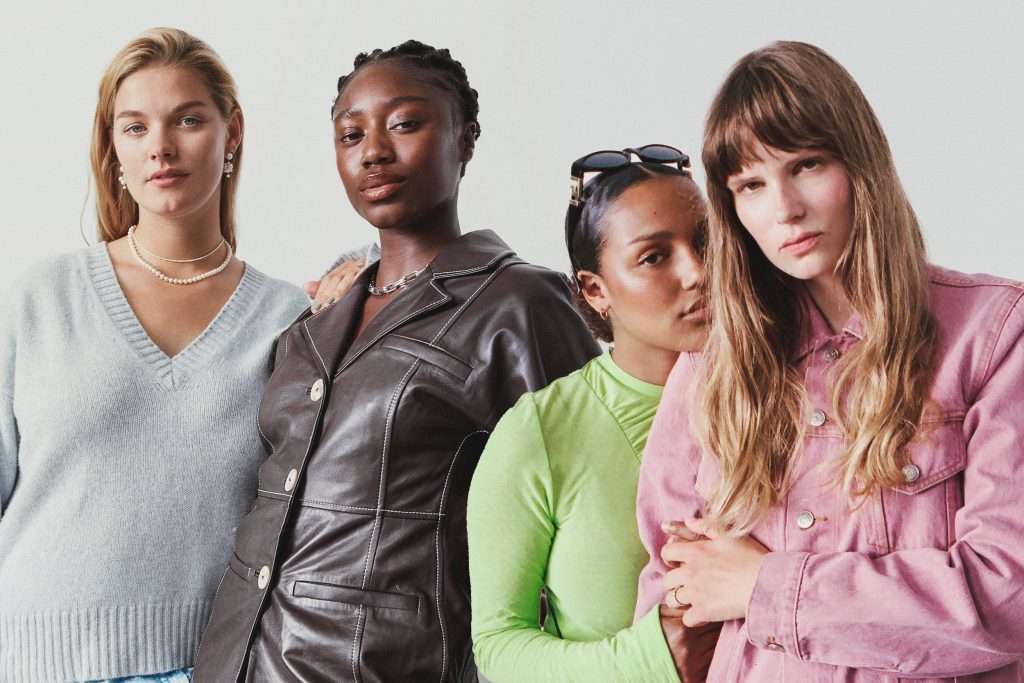A newfound emphasis on sustainability is shaping the buying habits of European shoppers, especially in the ethical luxury market, finds a new survey.
The 2023 Europe Luxury Report found that about 77 percent of EU shoppers are keen on purchasing sustainable luxury goods. Even more notably, more than half of these consumers (51 percent), say they are willing to spend up to ten percent more for products created or shipped sustainably.
The 2023 Europe Luxury Report highlighted how the COVID-19 pandemic reshaped consumer buying habits, leaving a profound impact on consumer behavior. With more time to reflect on their environmental footprints, there has been a noticeable surge in interest in sustainability across Europe between 2020 and 2021.
The inclination toward sustainable purchases isn’t confined to just luxury goods, as a broader trend has been observed across retail. Customers are progressively turning to ethical and sustainable choices, impacting various sectors of the market.

“Consumers in Europe have been slowly turning to ethical and sustainable purchases across retail,” reads the report. “For the luxury sector in particular, this has generated
something of an upswing in sales, especially among younger shoppers.
These individuals, particularly those under 40, are opting for one-off luxury purchases rather than indulging in fast fashion. By choosing investment pieces that promise longevity, they’re driving an upswing in sales within the luxury sector.
According to the report, 87 percent of EU shoppers are increasingly spending online, with more than ten percent spending more than €500 each month, primarily on luxury goods. “While this cohort may not be of particular importance to mass-market retailers,
they are crucial to luxury retailers, indicative as they are of how a growing number of shoppers for luxury goods are willing to purchase online,” the report notes.
Moreover, 61 percent of those surveyed indicated a preference for locally-made luxury items. The report noted that this is relatively easy in the European luxury sector, with 17 of the top 20 luxury brands globally being based in Europe. “This helps assure shoppers for whom more ethical production practices are important,” the report stated.
Some participants (8 percent) in the survey went even further, stating that they would be willing to pay up to 25 percent extra for sustainable products.

“While luxury cosmetics and beauty have always been a strong segment of both the luxury sector and the fashion market, the rise of luxury apparel is further evidence that consumers are looking to luxury and affordable luxury as a replacement for, or even an
antidote to, fast fashion,” reads the report. Specifically, younger shoppers are regarding luxury – and its spin-off sector, affordable luxury – as a source of high-quality but also more one-off items that stand apart from the widespread ‘high street’ look, the report notes.
“They are also attracted to the idea of owning something less ephemeral that has built-in sustainability credentials as well as a resale value,” reads the report.
Environmental considerations aside, the report found that the growing interest in experiences and novelty is also driving purchases.
“While luxury brands and retailers pride themselves on their products, they also come with a theatrical instore experience or a dramatic unboxing online and a whole interaction that is memorable and, perhaps most importantly, Instagram-able.”
This interactive element is driving the affordable luxury sector, including the secondhand market via platforms including Fashionphile, Vestiaire Collective, and The RealReal. “Luxury rental schemes are also coming into their own, with 27 percent of European users looking to enjoy luxury items when they are required for a fee, rather
than to own them outright,” reads the report. While this segment of the
market is more niche, it offers a significant slice of users.
The news comes as a recent decline in global household wealth marked the first drop since the financial crisis of 2008, according to Bloomberg. The Credit Suisse annual global wealth report revealed a 2.4 percent reduction in total net private wealth, amounting to $454.4 trillion. This stands in contrast to the record high of $530 trillion reported by Boston Consulting Group for 2021.
Nannette Hechler-Fayd’herbe, the global head of economics and research at Credit Suisse, explained the situation: “Wealth evolution proved resilient during the Covid-19 era and grew at a record pace during 2021, but inflation, rising interest rates and currency depreciation caused a reversal in 2022.”

The impact was felt strongly in North America and Europe, with a combined loss of $10.9 trillion. In the U.S., the average citizen saw a decline of $27,700, according to The Wall Street Journal. Furthermore, 1.7 million U.S. adults lost their millionaire status, and 17,260 people could no longer be classified as ultra-high-net-worth individuals with $100 million or more. Globally, the total number of millionaires shrank by 3.5 million to approximately 59.4 million, and the top one percent of the population saw their wealth share fall to 44.5 percent.
Despite this gloomy picture, some regions did see growth. Russia added 56 millionaires in 2022, and Latin America’s wealth increased by $2.4 trillion, due partly to stronger currencies in both areas.
Though 2022 witnessed a decline, Credit Suisse experts are optimistic that wealth will continue to expand in the coming years. Projections indicate that global wealth could reach $629 trillion by 2027, a 38 percent increase from current figures, with the number of millionaires rising to 86 million.
Related on Ethos:


